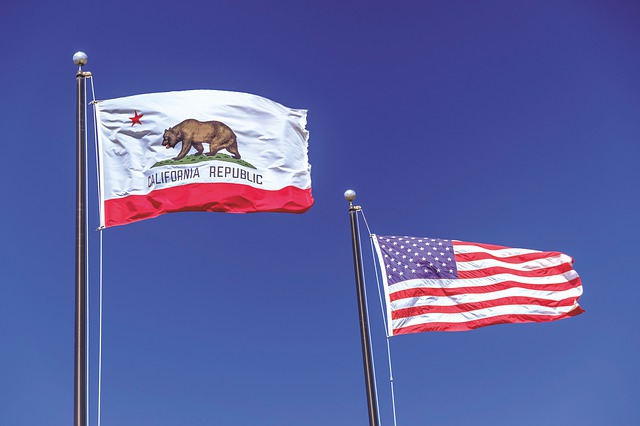
In Uncertain Times, Nonprofits Must Keep Up With Legal Compliance
04.11.2025 | Linda J. Rosenthal, JD

It’s been a few months since our last look at what’s happening for California nonprofits at the state level. See California Legislative Opportunities In 2022 For The Nonprofit Sector (January 19, 2022).
There are several bills of interest meandering through the state Senate and Assembly. And, once again this fiscal year, there is a huge budget surplus that our community leaders are hoping to nibble on for the benefit of California’s nonprofits.
Coordinating advocacy efforts is the California Association of Nonprofits. In its California Advocacy Updates (April 4, 2022) as well as in Bills & Budget Asks Supported by CalNonprofits for 2022 (March 2022), CalNonprofits highlights some of the most important developments. See also the invaluable California Legislation Tracker which it updates daily.
A measure that CalNonprofits “sponsors” is “State agencies: Nonprofit Liaison” (SB 543, Monique Limon, D-Santa Barbara). A holdover from last year’s session, the bill has passed the Senate already and is pending in the Assembly.
It “requires state agencies that regulate or impact nonprofits to have a designated nonprofit liaison to address nonprofit concerns, support compliance with agency regulations, and strengthen procurement and contracting policies with nonprofits.” See Fact Sheet as of 2/26/21 and the CalNonprofits Sponsor Letter as of 3/2/21.
Among the most followed items are three bills that CalNonprofits “supports”:
It “aligns the state reimbursement rate for indirect costs on grants with that of the federal government, helping to ensure that nonprofits are fairly compensated for the full cost of providing services and can remain viable organizations, able to provide services essential to Californians.”
This is “one of several government contracting issues that a coalition of nonprofits, organized by CalNonprofits, is hoping to address through a letter to the administration and through additional legislation still in the works.” See also: Fact Sheet as of 2/28/22 and CalNonprofits Support Letter as of 3/18/22.
Action requested by CalNonprofits is to “stay tuned for more information” and to sign onto a related letter.
It “would expand the CalSavers requirement that employers offer a retirement savings option to employees….”
CalNonprofits supports this bill, noting that “employees do not have to participate in the savings program, but employers (with more than one employee) have to offer it. CalSavers is one option employers can offer.” See also: Fact Sheet as of 3/25/22.
This measure would “continue indefinitely” this program which “provides grants to increase physical security for nonprofits at high risk for violent attacks or hate crimes. The program is currently scheduled to end on 1/1/25. The purpose is to “increase security” in light of the heightened problem around the nation of attacks including at houses of worship.
See AB 1665 press release and Fact Sheet as of March 1, 2022.
In our January 19, 2022, post, we discussed proposed California Senate legislation (SB 834 (Scott Wiener, D-San Francisco). Called “Tax-exempt Status – Insurrection,” it “would allow the Franchise Tax Board to revoke a nonprofit’s tax-exempt status if the Attorney General finds that the organization is actively engaged in conspiracy or acts of treason, and other similar illegal activities.” The bill is “in response to the January 2021 attacks on the U.S. Capitol.” See also Capitol Insurrection Inspires California NPO Revocation Bill (January 18, 2022) Richard H. Levey, The NonProfit Times.
CalNonprofits acknowledges “the intent of the bill” but is “concerned about nonprofits being singled out.” The organization is “in communication with Senator Wiener’s office” about their “concerns.” See Fact Sheet as of 3/8/22.
CalNonprofits marks it as a bill it is “watching.”
We’ll separately cover the nonprofit sector’s considerable interest in the $29 billion surplus that the state’s Legislative Analyst’s Office (LAO) estimated in their January report. CalNonprofits is monitoring that closely and requests input and support as critical budget requests develop.
– Linda J. Rosenthal, J.D., FPLG Information & Research Director
